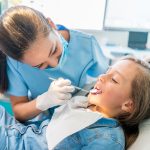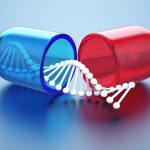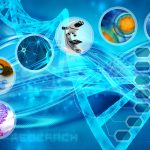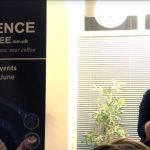
Choosing, buying and eating foods is an everyday activity we take mostly for granted in the western world. Nevertheless, behind the fully stocked supermarket shelves is a sophisticated industry which may know you better than you know yourself. Dr John…

Traditionally, treating tooth decay has involved injections in the mouth, drilling and filling – often unpleasant and difficult to cope with. However, treating decay by simply sealing it into teeth, without any injections or drilling, has been shown to work…

Babies have been breastfed since the dawn of the human race, but since the early 20th Century artificial substitutes have been manufactured and advertised as ‘just as good’. The introduction of these milk substitutes has led to a huge decline…

Precision medicine allows doctors and researchers to predict which treatments will work for each patient. It aims to reduce the “one-size-fits-all” approach and treat patients based on their own characteristics such as their genes and family history, with an aim…

The skin is the largest organ in the body and subject to no less than 3000 different disorders. Many are chronic and cause a great deal of suffering. Acne is the most common skin disease across the world and yet…

If you invited a chimpanzee or a monkey to a dinner party would he know how to behave? Probably not, but whilst greeting and welcoming guests, sharing food and solving problems are usually seen as social traditions unique to humans,…

In the last 10-15 years stem cells have been catapulted from a relatively obscure research topic to the international limelight. Hardly a week goes by without some news story about a “ground breaking discovery” or “exciting new therapy” involving stem…
Charlotte Proby’s talk on How much Sun is Bad for You? is a perfect way to wrap up our series of Cafe Science Dundee 2015/2016 for the Summer. We’ll be back again on Monday 12 September 2016, 7pm at Avery…


